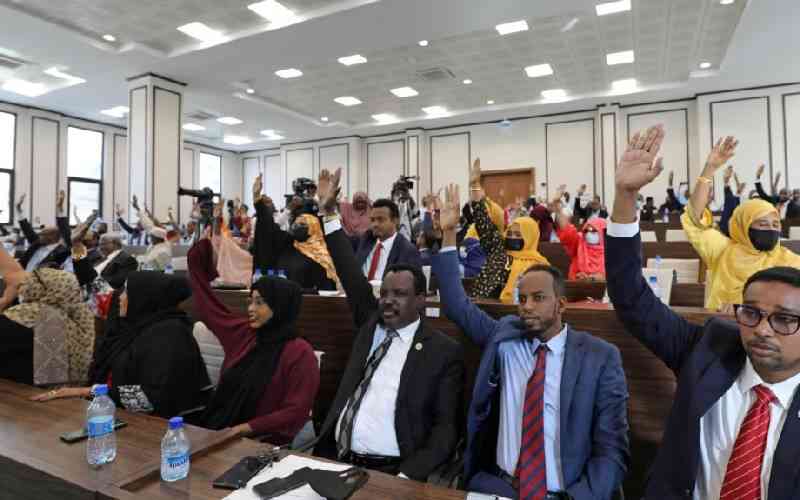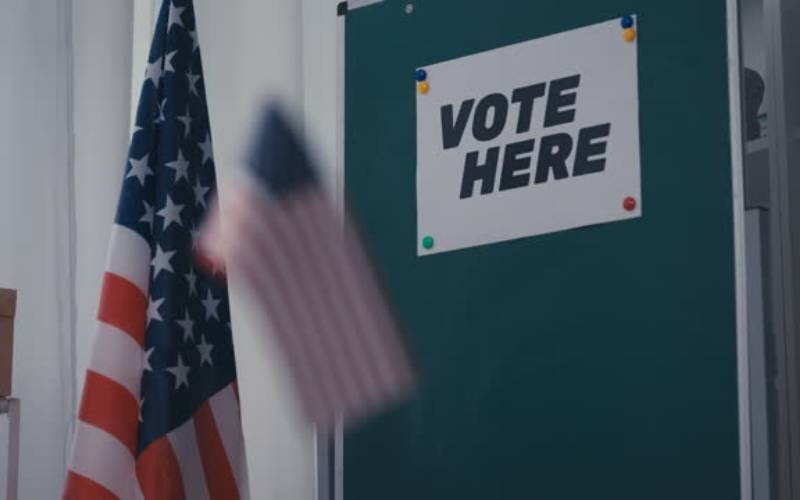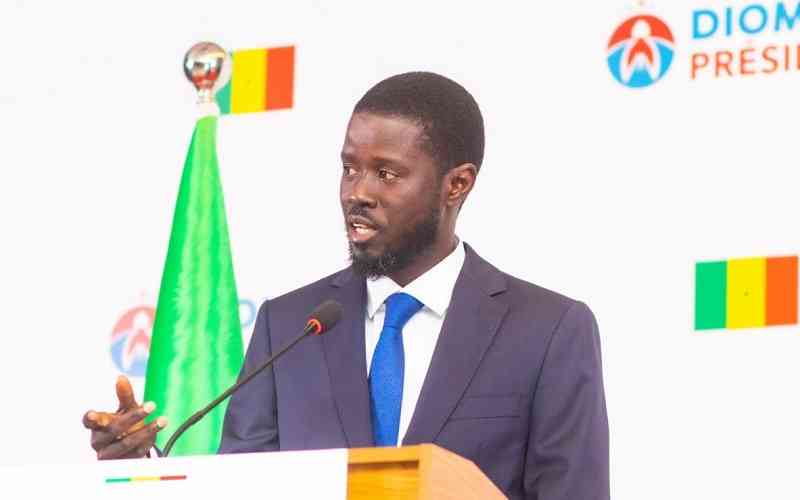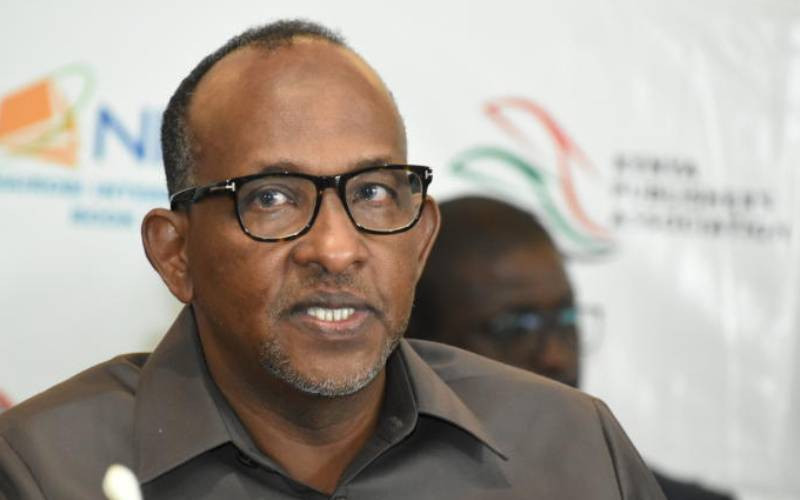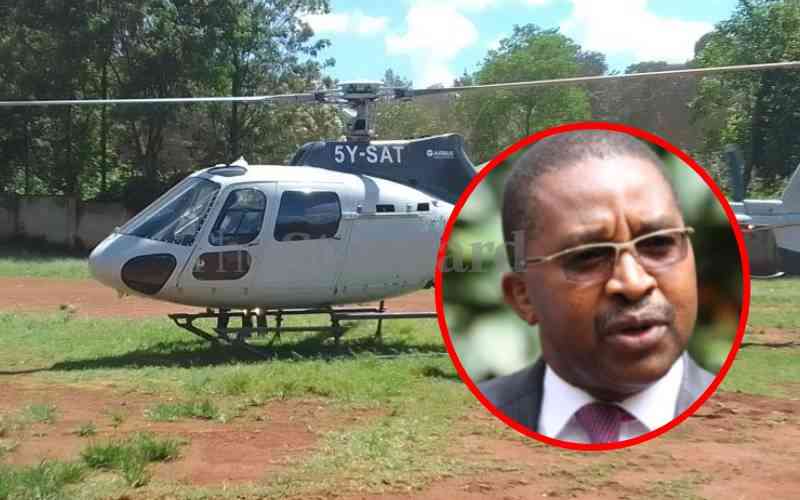By Mwaniki Munuhe
The risk of a cancelled presidential election due to the death of a candidate is expected to rise dramatically in the next General Election.
This is because the constitutional requirement for a two-month delay due to a death applies to presidential candidates and their running mates.
The physical security and health of candidates and their running mates have, thus, emerged as key factors for those managing the hotly contested poll scheduled for March 4. The State will have to provide all nominees for president and deputy president adequate security. Presidential aspirants are also expected to factor health and safety issues into their calculations of who should join them in the rigors of the election campaign and precautions to take to avoid accidents and misadventure.
As The Standard On Saturday reports in a special feature on Saturday, election security is now a concern for leaders at all levels.
Fear of death
The death of any of the nominees cleared after January 4 would automatically see the presidential vote postponed by 60 days. This would effectively end the presidential hopes of Eldoret North MP William Ruto and Deputy Prime Minister Uhuru Kenyatta, who are expected at The Hague from April 10 and 11 to face trial at the International Criminal Court.
It would also throw most parties’ pre-election deals and campaign plans into disarray.
As a result, authorities are under pressure to place everyone cleared by the electoral body under State protection, irrespective of their perceived political clout. There were only nine candidates on the ballot in the 2007 General Election.
While Mwai Kibaki, Raila Odinga, and Kalonzo Musyoka had State security, it is not clear if the same was extended to Joseph Karani, Pius Muiru, Nazlin Omar, David Ng’ethe, and Nixon Kukubo.
The number of presidential hopefuls this time includes at least 13 experienced players and four fringe aspirants all of whom must pick running mates, if nominated. Even if electoral law requirements and political expedience force half of these hopefuls to drop out, there will be twice as many people whose unexpected deaths can lead to a postponement.
“This provision creates more confusion and problems than clarity,” warns Government Joint Chief Whip Jakoyo Midiwo. “It requires interpretation by the courts and may actually end up at the Supreme Court.”
According to the Constitution, the death of a presidential candidate or running mate is among the grounds for the cancellation of an election or a run-off vote.
Article 138 (8) b) reads in part: “A presidential election shall be cancelled and a new election held if a candidate for election as President or Deputy President dies on or before the scheduled election date.”
A new election date would be set 60 days after the date set for the previous election, adds Article 138 (9), pushing the vote from March 4 to May 4.
Stay informed. Subscribe to our newsletter
Double risk
It is not clear whether cancellations due to a death apply at other levels, as the Constitution only makes express reference to the presidential election.
The provisions are not new: The repealed Constitution provided for the vote to be deferred were a candidate for president to die on or before polling day. But by including running mates, the new Constitution effectively doubles the risk of a cancellation.
This at a time when Kenya faces threats from groups like Al Shabaab and the Mombasa Republican Council, as well as concerns over the likelihood of violence similar to that experienced after the 2007 elections.
A member of the defunct Committee of Experts (CoE) that was instrumental in writing the Constitution said there was “hot debate” over the clauses.
“We really debated that matter as CoE,” the former member told The Standard On Saturday. “It may be controversial, but that is the standard practice in many countries.”
Commission on the Implementation of the Constitution’s Kamotho Waiganjo says the provision is meant to ensure a free, fair, and credible election.
“The thinking was that if a presidential candidate or the running mate dies, that alone would have catastrophic implications on that ticket. Remember the vote is not on one candidate, it’s (for) a pair,” he says. Nominated MP Amina Abdalla, who is a member of both the parliamentary team overseeing constitutional implementation and the team on Legal Affairs admits including running mates could easily change the dynamics.
“This is standard practice in many countries,” she says. “This is why the State must ensure tight security for all aspirants. I remember in Moyale in 2007, a civic candidate died and elections in that ward were called off and a by-election conducted later.
Change of plan
However, if something like that were to happen (at the presidential level), it can change the dynamics a great deal. It would mean everybody going back to the drawing board.”
Education minister Mutula Kilonzo, a prominent lawyer, says the provision was unavoidable.
“Once parties have conducted their nominations, the official campaign period has begun, and election materials have been prepared, we have no choice. That’s what we said,” he said.
According to the Constitution, elections could also be cancelled if no person is nominated as a candidate in the period provided for delivery of nominations or if a winning candidate dies before being declared elected as president.
In both cases, the law provides that a new presidential election be held within 60 days after the date set for the previous presidential election.
Investigations are ongoing into the air crash death of PNU presidential hopeful George Saitoti about five months ago.
Prof Saitoti’s death renewed debate on air safety as presidential candidates take to the air in helicopters during their campaigns. A probe into claims of a plan to assassinate ODM leader Raila Odinga also ended without any evidence of an alleged plot.
 The Standard Group Plc is a
multi-media organization with investments in media platforms spanning newspaper
print operations, television, radio broadcasting, digital and online services. The
Standard Group is recognized as a leading multi-media house in Kenya with a key
influence in matters of national and international interest.
The Standard Group Plc is a
multi-media organization with investments in media platforms spanning newspaper
print operations, television, radio broadcasting, digital and online services. The
Standard Group is recognized as a leading multi-media house in Kenya with a key
influence in matters of national and international interest.
 The Standard Group Plc is a
multi-media organization with investments in media platforms spanning newspaper
print operations, television, radio broadcasting, digital and online services. The
Standard Group is recognized as a leading multi-media house in Kenya with a key
influence in matters of national and international interest.
The Standard Group Plc is a
multi-media organization with investments in media platforms spanning newspaper
print operations, television, radio broadcasting, digital and online services. The
Standard Group is recognized as a leading multi-media house in Kenya with a key
influence in matters of national and international interest.


